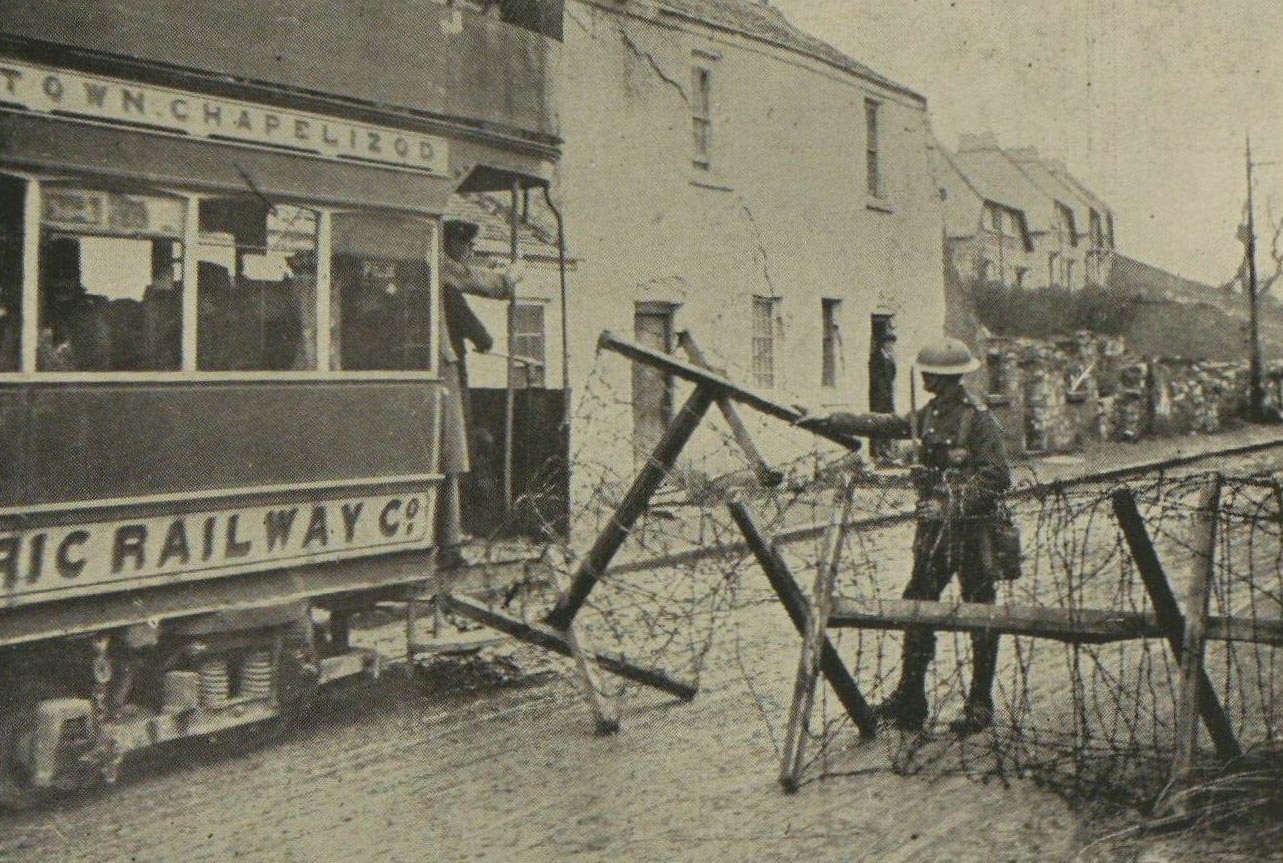Rumours of another Easter Rising prove unfounded
Dublin, 7 April 1920 - Rumours of another Easter Rising in Ireland have proved to be unfounded.
Speculation arose that republicans had planned a rebellion for Easter Monday, 5 April, after the London Evening Standard published what it claimed were plans to ship considerable quantities of arms and ammunition from Germany to Ireland.
The report added that the difficulty for the British authorities was in identifying which ships would be used to bring in the arms and ammunition.
The newspaper reports prompted questions in the House of Commons, with Clement Edwards asking the Prime Minister whether the government had received any information about a planned rising for Ireland, or local risings planned for Liverpool, Manchester and Glasgow. He further asked if any arms or ammunition had been seized by the navy and if the government had any reason to suspect that the German secret service is behind the suspected rising.
Mr Edwards’ questions, which the Prime Minister refused to answer, citing the ‘public interest’, were described by Nationalist MP for South Down, Jeremiah MacVeagh as ‘mischievous’ and he asked for details of the official from whom the information had been received.
The comments in the press and the House of Commons were sufficient for military activity to be intensified across Ireland, with cordons and road blocks set up in cities and towns.
For instance, the roads leading to Dublin, Derry, Cork, Limerick, Newry, Thurles, Dundalk and elsewhere were occupied by military and police with barriers thrown across many of them and traffic held up for close examination.
Talk of a possible insurrection also lured foreign journalists into Dublin in the expectation of being on hand to witness a major event.
As the Freeman’s Journal has written today, these journalists have now ‘gone back to their several countries with new ideas about the veracity of the Ministers and members at Westminster, and fresh insights on the tactics and purposes of Dublin Castle’.
Any rising that occurred, the paper said, was an ‘April Fool Rising’. Rather than rise in rebellion, the people went about their daily lives and attended events in Croke Park, Dalymount and Fairyhouse and ‘other centres of Easter jollification’.

A picture, that appeared under the title 'The April Fool Rising', showing American, Canadian and Irish jounalists, on their way to Fairyhouse, being held up and searched by British troops (Image: Freeman's Journal, 6 April 1920)
[Editor's note: This is an article from Century Ireland, a fortnightly online newspaper, written from the perspective of a journalist 100 years ago, based on news reports of the time.]





















